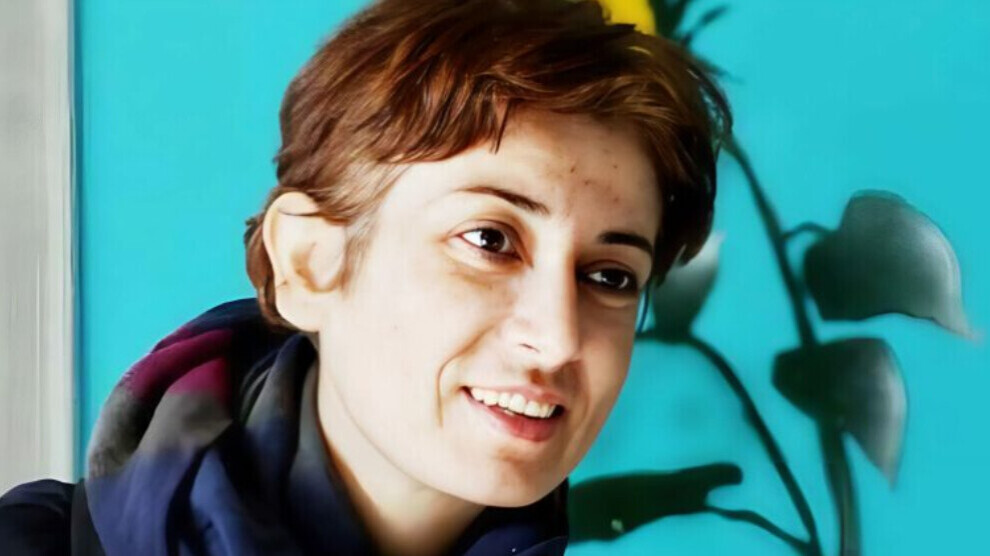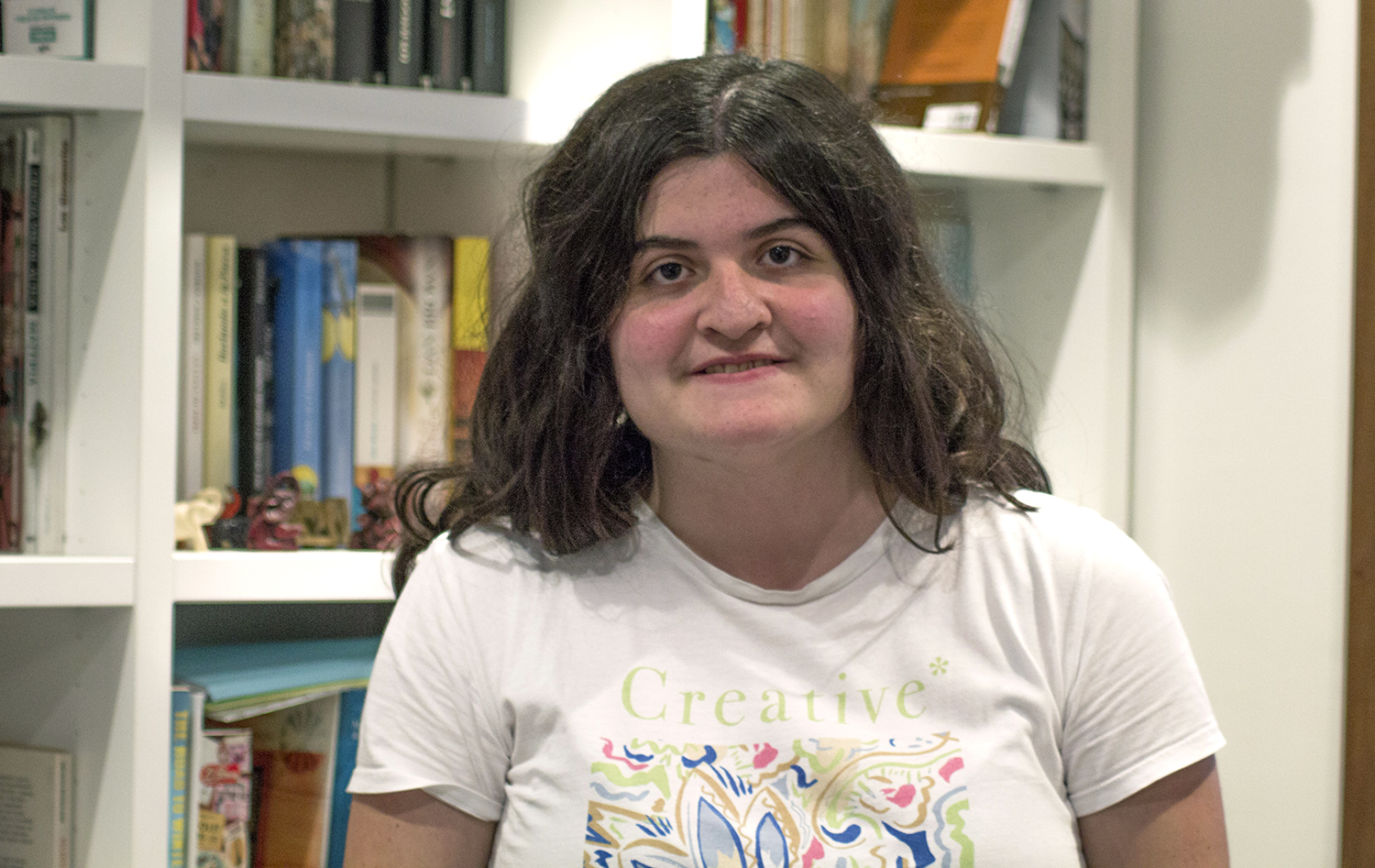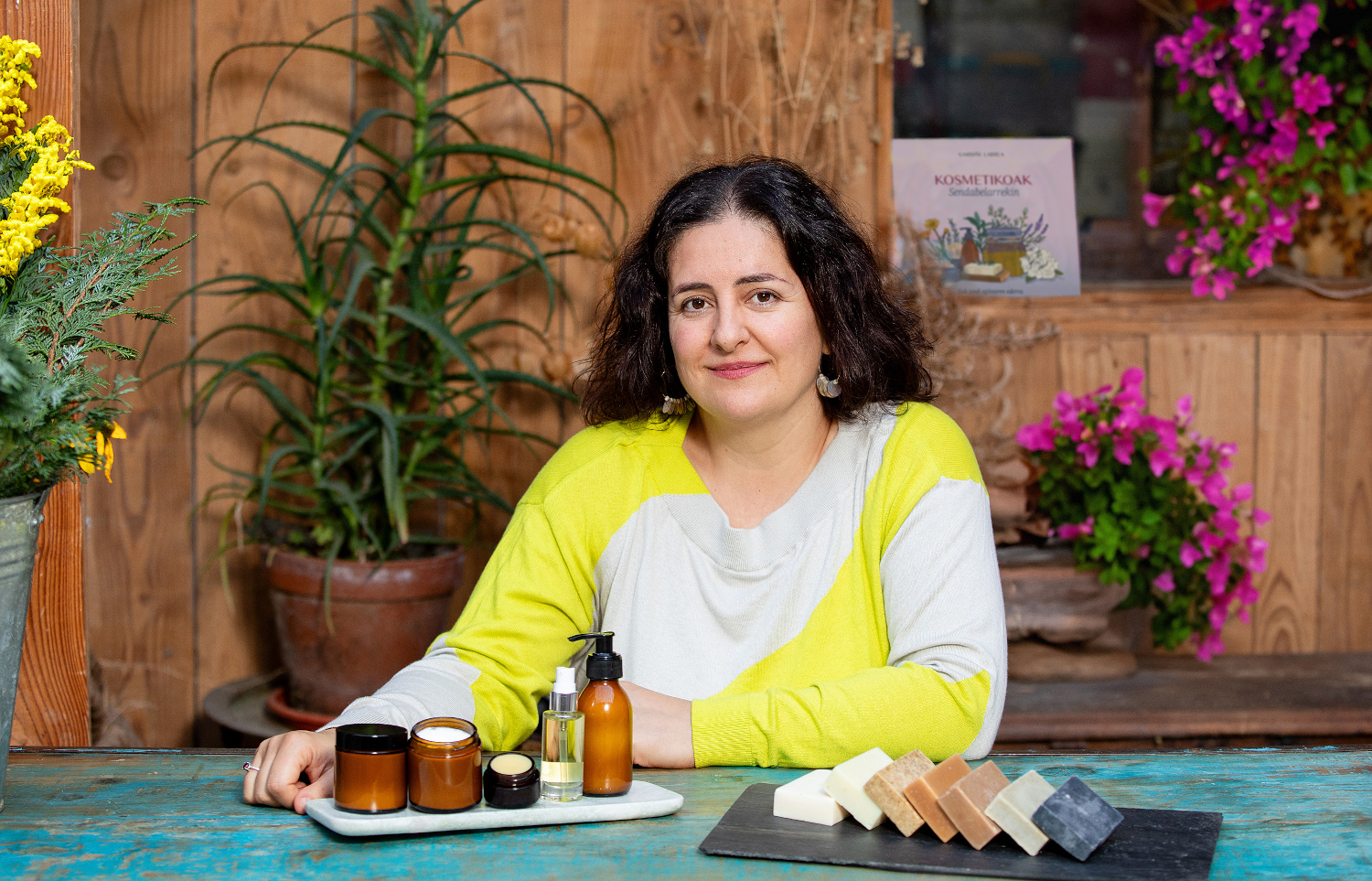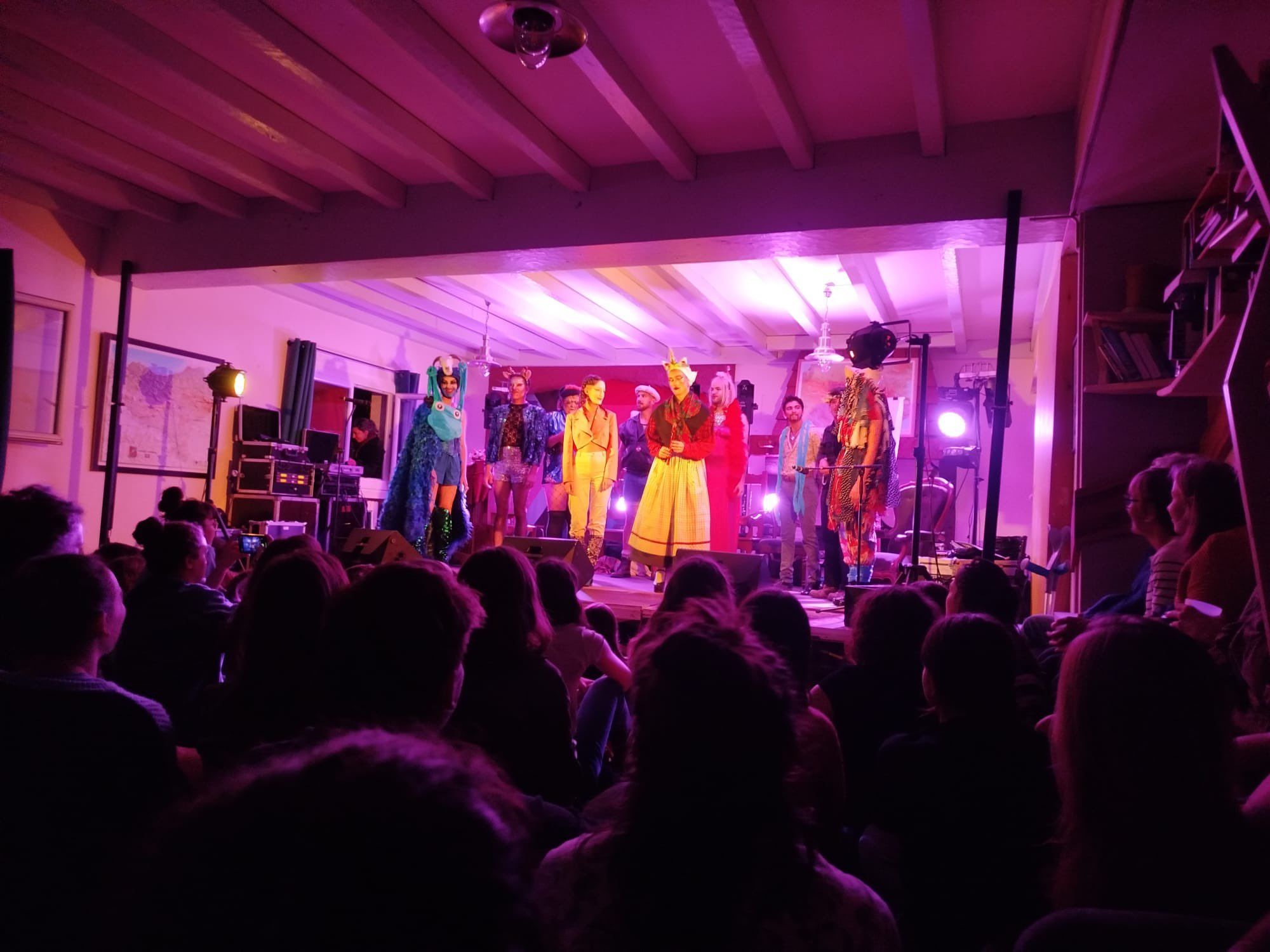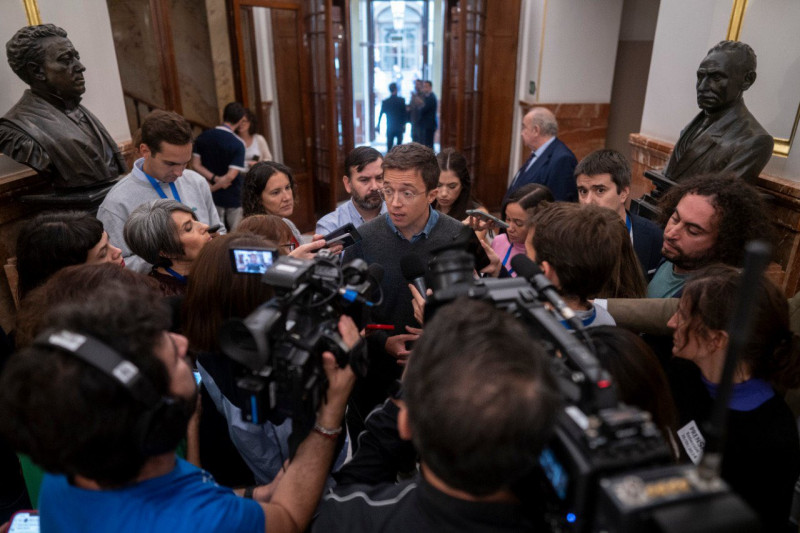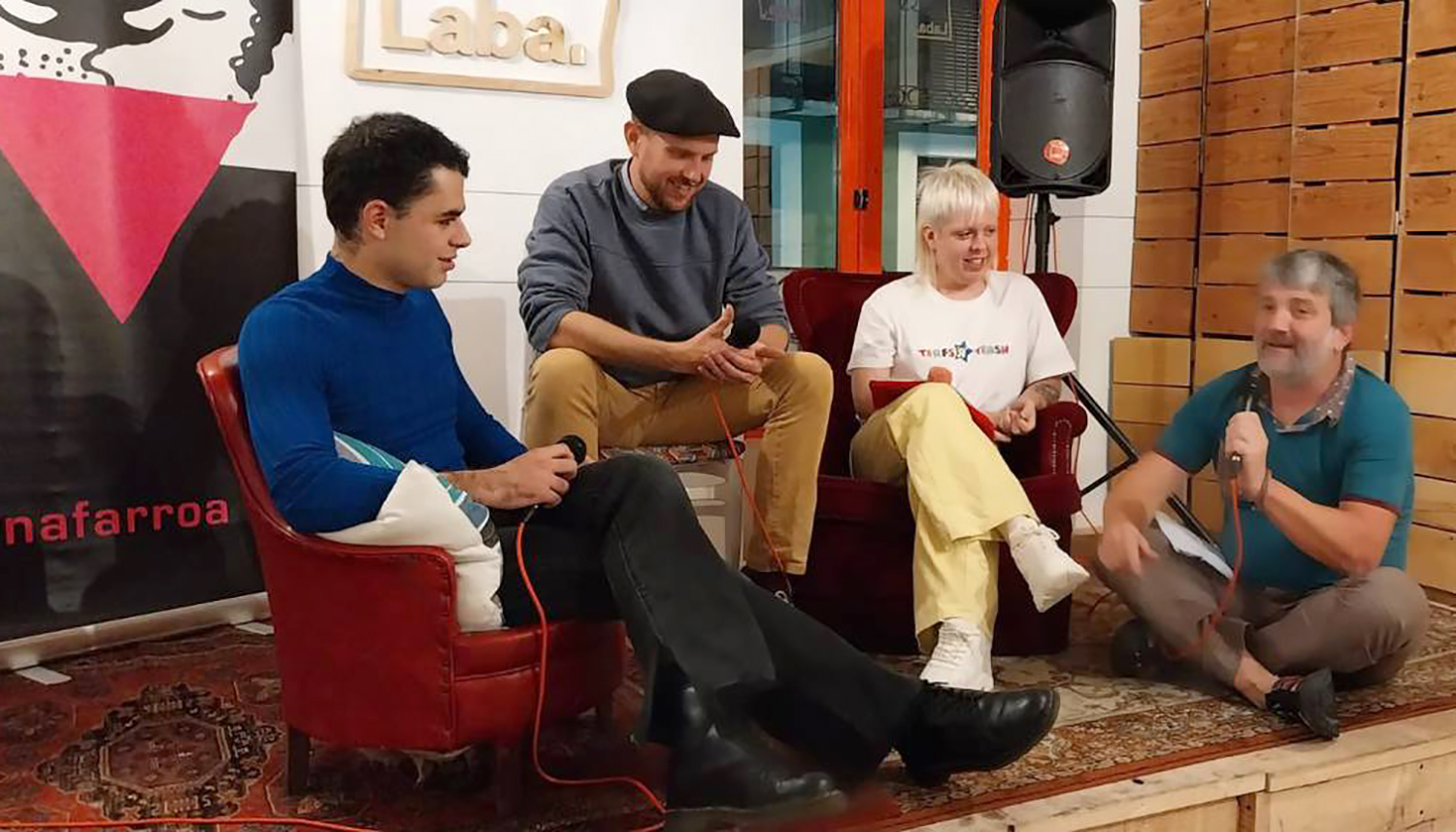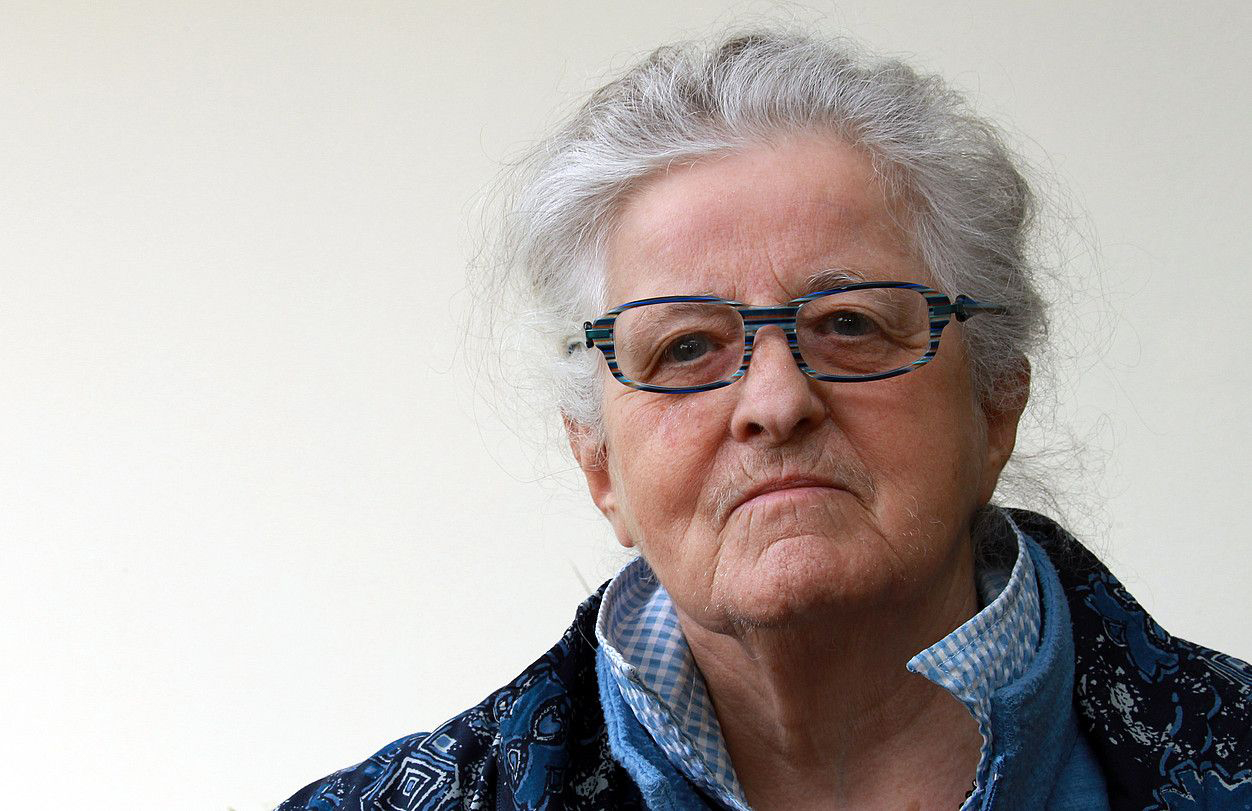Not all behaviors are equal in equal relationships.
- Sociologist Amaia Agirre has presented the study "negotiation processes in equal couples", which analyzes the situation of couples. The guest will talk about the power relations between couples who define themselves as a real partner. The project was presented on January 21 at the Faculty of Philosophy and Educational Sciences of the UPV/EHU.

It is clear: “Unequal practices prevail in the absence of negotiation.” She interviewed fifteen heterosexual and homosexual couples, both individually and jointly. The sample, between 25 and 50 years of age, has been evaluated for a qualitative study. To do so, he has divided the different negotiation areas that occur in the relationships of partners, among them, economic management, domestic work, care responsibilities, the structure of the partner and sexuality.
“It should be taken into account that the sample used for the analysis does not represent the current society, that is, it is a qualitative research,” said Agirre. In fact, the interviewed couples have been pre-selected for their behavior and equal awareness. And yet, all that glitters is not gold, and in these couples there are also some non-egalitarian practices.
The key to equal partnerships is to discuss everyday issues. Most couples are aware of this, but they often understand the negotiations as an activity to be carried out in other areas of life. “That’s because of the ideal of romantic love,” he said.
Negotiations and discussions often create tensions and, on many occasions, the integrity of the relationship between partners is “in question”. Somehow, he believes that the “orange half-myth” is broken, always in defense of personal interests, and that’s what couples want to avoid. In other words, it warns of the risks involved in abandoning the negotiations: “In ‘natural’ decisions, gender roles prevail almost always.”
Each one your pocket
Among the equal partners interviewed are the new ways of managing the economy. Everyone manages their money. Agirre understands this new trend as a step towards parity: “New economic efforts have equalized power relations.”
At the present social and historical juncture, there is no place for the existing archetypes: a supplying man and an administering woman. It says that they have become ideologically and economically obsolete.
As mentioned above, the sample is not a reflection of current society. In most cases they share the same socioeconomic status quo, and in many cases it is women who have a better or more stable wage. Agirre says that this does not in any way represent reality. If we look at EUSTAT data for 2009, the average annual wage for men over 18 in the CAPV is EUR 25,376 and for women is EUR 14,241.
There are different models, as the socio-economic situation of all of them is not the same. For example, in a couple composed of two boys, one of them was unemployed and, given this situation, changed the economic management. The worker paid money to those who were unemployed so that he could avoid the seriousness of the need and manage the money for himself.
Furthermore, the independence from the partner is the reason behind this distribution of money. In general, couples need to negotiate about economic management, because the “myth of the eternal couple” is down and they see that the relationship can once be ended: “They economically prioritize ownership of themselves.” In any case, Agirre has pointed out that the longer the relationship, the less they address the individualistic economic model. There are several factors that influence, among others, the fact of having housing and children.
Help or share?
The distribution of domestic work is frequently used to measure parity between couples: “Today, duties are the thermometer of equality.” According to the conclusions of the thesis, couples do not negotiate enough the distribution of domestic work and in most cases the gender roles prevail. The distribution of work often becomes a simple help. Conversations often show non-egalitarian behaviors that are justified by pretexts such as “personal tastes” or “natural ways”.
Intensive maternity
As for the care responsibilities, it is still the mother who carries the heaviest backpack in her body. The sociologist believes that “intensive motherhood” is rooted in society.
However, women know that the fact of having a child tends to deepen traditional gender roles. This creates clashes between theory and practice: “They know how to act to be equal, but often in practice they don’t.”
In homosexual couples, on the contrary, care tasks are shared more. Although, according to the conclusions of the thesis, it is common for the lower socioeconomic level to be the one that cares the most about the care of children. Well, homosexual couples also have power relations, but in other parameters.
However, when the custody of the baby is entrusted to a third party, homosexual and heterosexual couples normally decide to delegate it to women. In the case of the latter, almost always, of the maternal grandmother.
Friends, each of you
“They’re critical of the idea of romantic love,” says Agirre. It is very important for them to have independence and autonomy. Most make individual management of friends and leisure time, and for many it is very important to have a social life of their own, especially “to defend their interests”.
The interviewed couples have neglected romantic love and broken the couple's myth forever. As in the management of the economy, friends also want to be their own, because they are convinced that the partner can be broken.
However, the researcher has emphasized that many women use the word “loneliness” when talking about the rupture of relationships: “It seems that what unites them is being alone and being without a partner. In men you don’t see any of that,” he said.
The opposite happens when the couple is made up of two girls. Agirre says that in these cases there is a greater tendency to share friends and friends.
That is, most place the relationship between partners at the center of their social and affective relationships.
Monogamy to debate?
When talking about monogamy, there are differences between homosexual and heterosexual couples. Normally, in homosexual couples, there is talk at the beginning of the relationship about the structure or form of the couple. In one of the interviewed couples, for example, it has been agreed to do without sexual exclusivity.
In most heterosexual couples, it is assumed that the relationship will be monogamous. Although the sexual exclusivity of all the couples investigated has been a cause of conflict within the association. Only then has the case of monogamy been raised. In the negotiations, sexual exclusivity has always prevailed: all heterosexual couples investigated have chosen to maintain a monogamous relationship. Agirre argues that, above all, the basis of the relationship between partners is not to call it into question. “In a broad sense, exclusive sexuality is considered to be the one that distinguishes a relationship as a partner from the rest of the relationships,” he added.
“Healthy sexuality”
The sociologist has dealt with the issue of sexuality less than he wanted, because there are still many taboos. One conclusion is as follows: “Women worry about the frequency of sexual intercourse, but men do not mention it.” Many women relate to the frequency of "healthy" sexual intercourse, which has probably driven social pressures, according to Agirre.
Heterosexual couples do not negotiate enough about sexual practices. On the contrary, the researcher says that in homosexual couples more is negotiated about sexual practices: “When they leave normative sexuality, they do more personal work.” Although egalitarian couples have sharpened a number of edges, much remains to be done.
As concluded in the thesis, it is still considered that partner relationships should follow a fixed structure: falling in love first, then achieving stability and sharing more and more things until reaching a possible end. “There seems to be only one structure, and then in reality it is clearly seen that it is not, but we still often remain trapped in the fiction of romantic love.”
We will be freed.
Udan izandako indarkeria kasuen gorakada batetik, eta hainbat gizonezkok mugimendu feministak antolaturiko ekitaldiak boikotatu dituztela bestetik, Bortziriak, Xareta, Azkain, Bertizarana, Malerreka eta Baztango mugimendu feministek, erakunde publikoen konpromiso irmoa exijitu... [+]
Baionan Loverdose eta Atharratzen Bekat’uros egin den bezala, Oztibarren (Nafarroa Beherea) Debrien Figurak feminismoaren eta transfeminismoaren inguruan antolatutako egunak arrakasta izan du.
Since 24 October, Iñigo Errejón has been named head of the line of all the media in the Spanish State, and his name has been used to date, right and left. It has achieved a very rare media noise, and it seems that the echo is going to take a long time. Now we all have... [+]









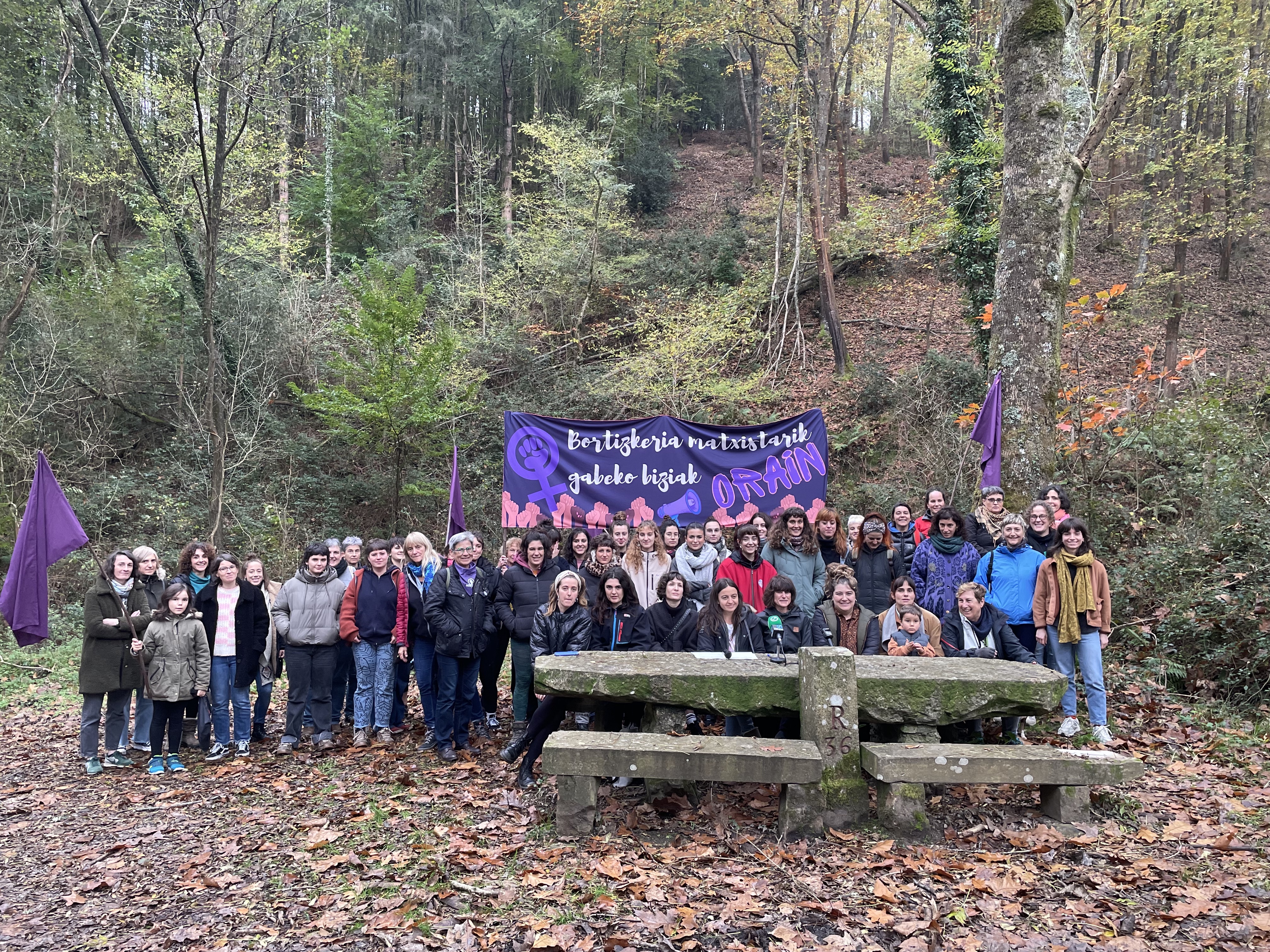
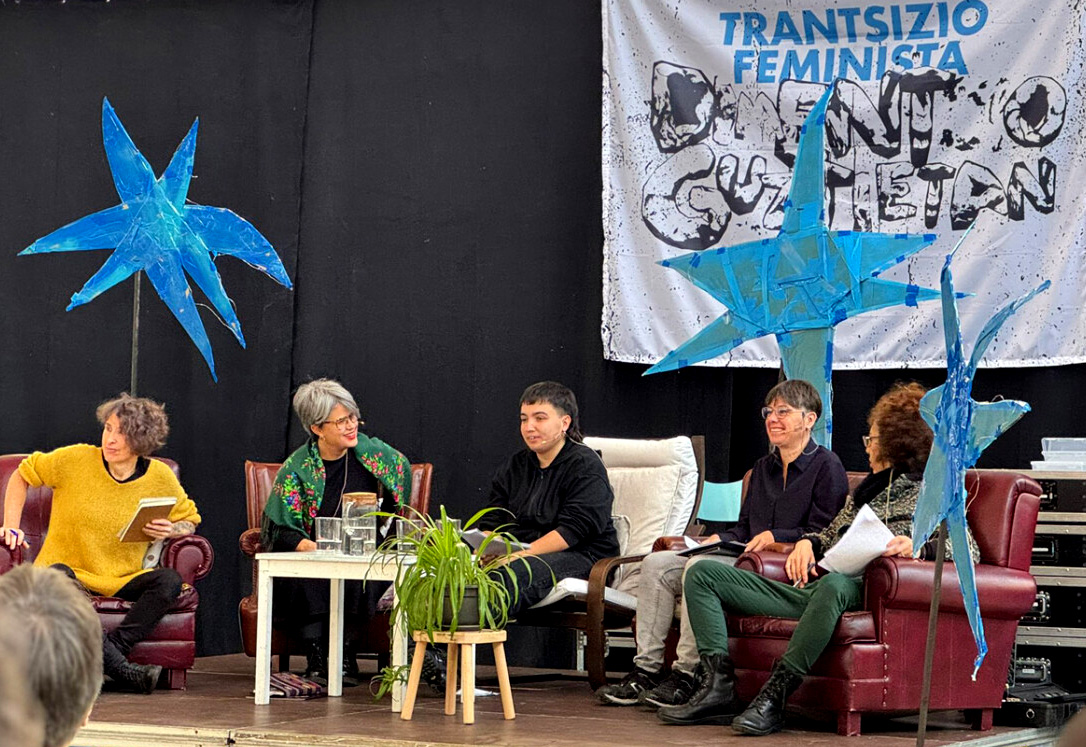
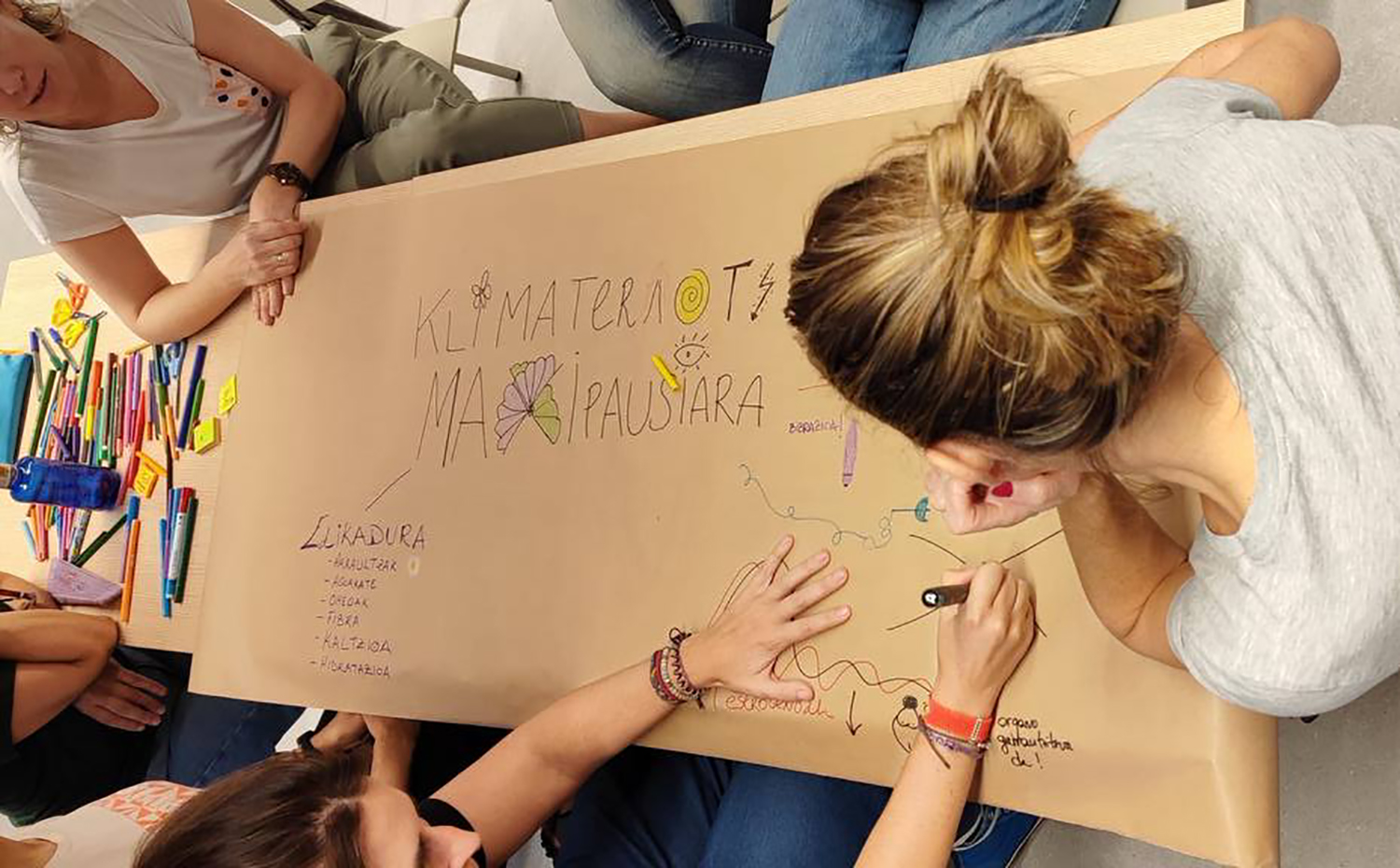
.jpg)
